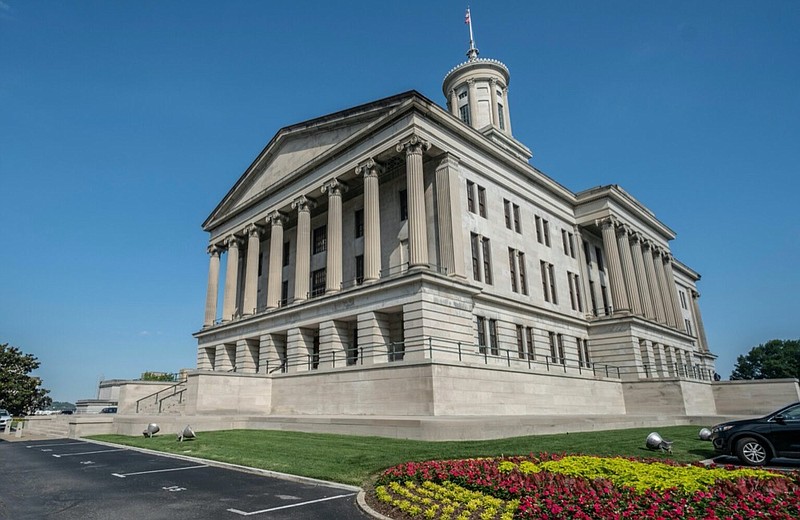A six-year-old lawsuit over the adequacy of Tennessee's funding of public education could head to a three-judge panel, providing immediate ramifications of a new state law passed by Republicans seeking more favorable judicial outcomes.
The dispute over the state's basic education formula dates back to 2015. The lead plaintiffs in the lawsuit had been Shelby County Schools and Metro Nashville Public Schools until last fall when a collective of 84 rural school districts joined in as plaintiffs.
The case had been assigned to Davidson County Chancellor Ellen Hobbs Lyle, one of Nashville's most respected jurists. Then Lyle found herself in the political crosshairs of Republican lawmakers, who were angry over her ruling in a voting rights case that allowed any voter afraid of catching COVID-19 to vote by mail.
Republicans filed legislation to launch a process of possibly removing Lyle from office, and she subsequently recused herself from the case. Lawsuits challenging new state laws and constitutional issues had all been filed in Davidson County Chancery Court.
When that legislation stalled following tremendous pushback from the Tennessee legal community, Republicans settled on a new bill that would add two additional chancery court judges, so there would be one representing the west, east and middle parts of the state, to hear such cases.
The new law, unanimously opposed by Democrats, took effect on Thursday. Before 10 a.m., state lawyers filed a motion giving notice to Judge Joseph Binkley, the presiding judge for Davidson County, about the education formula case fitting the description of a matter that must be referred to the state Supreme Court.
Charles Grant, the Nashville attorney representing the two large school districts, called the state filing a procedural move.
Grant said the plaintiffs would alert the Supreme Court, as the law prescribes, but that does not mean the school districts agree the case should be considered by a new three-judge panel.
Following Lyle's recusal, the case was reassigned to state Senior Judge Don Ash, and the trial is slated for Nov. 15.
At stake are hundreds of millions of dollars annually in education funding. The plaintiffs argue that the state's education funding formula doesn't provide for enough teachers, sets the baseline teacher salary too low and pushes a host of costs onto local governments with no additional funding.
"In furtherance of the new law, the Tennessee Supreme Court has issued a rule providing for a procedure by which parties filing suit against the state are required to notify the clerk that a case may fall within the scope of the new law," Grant told the Tennessee Lookout. "The plaintiffs in the BEP school funding litigation, Metro Nashville Schools and Shelby County Schools, will comply with this new Supreme Court rule and file the required notice. In doing so, these plaintiffs do not necessarily agree that the new law applies to the BEP case."
The addition of the rural school districts to the lawsuit adds a political layer to the case since opponents cannot make the case that it is simply Tennessee's two largest cities that are unhappy with the adequacy of education funding.
Gov. Bill Lee's administration suffered a critical legal defeat last year when a new education voucher law was struck down as unconstitutional. That case is going through the appeals process. In the voting rights case, the state Supreme Court reversed Lyle's ruling allowing more voters to request absentee ballots amid the pandemic. But that came with a caveat that state lawyers did a 180-degree turn during the appeals hearing and agreed to allow voters with certain pre-existing conditions and their caretakers to request absentee ballots.
Read more at TennesseeLookout.com.
